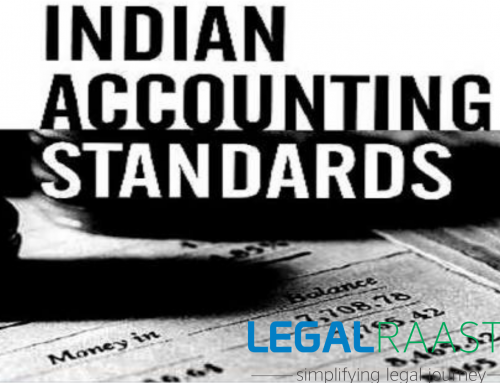Introduction – Due Diligence of NBFC
Contents
A Non-Banking Financial Company is an important part of the financial service industry in India. NBFC is a company registered under Section 45-I of Reserve Bank of India Act, 1934. It can also be explained as the alternative source of funding for various businesses, including micro and small-sized industries for infrastructure and deploying funds. It is noteworthy that NBFCs are registered under the Companies Act, managed and regulated by the Reserve Bank of India. Due Diligence of NBFC means the appraisal of business, especially to establish its assets and liabilities and evaluate its commercial potential.
Further Due Diligence can be defined as the comprehensive appraisal of a business undertaken by a prospective buyer. It is of four types, i.e. Legal, Financial, Commercial and Other. The types of due diligence are explained below:
Legal Due Diligence of NBFC – It involves examination of the legal basis of the transaction, contracts, legal structure, employment, property, loans and pending litigations.
Financial Due Diligence of NBFC – It involves financial assessment of the business focused, mainly on providing the financial information needed. Majorly comprising information regarding assets, liabilities, cash flow, debts, and management.
Commercial Due Diligence of NBFC – It involves the market assessment in which the business sits. Also includes conversations with the customer, competitor assessment, business plan analysis.
Other Due Diligence includes Taxation, Intellectual Property, and IT Systems.
Collection of Information
It is important to note that the source, reliability, and accuracy of information matters the most in due diligence. There is a systematic way to gather information in order to in order to mark compliance. This information can be accessed or acquired from Market Data, Business News, Directors of Company and Company Financials.
Matters To Check
The questionnaire to discuss the Due Diligence of NBFC can be synchronized under four heads i.e. Legal, Financial, Commercial and others. Target company information is analyzed under the following sub-heads, to form a decision:
- Corporate Matters
- Minutes of Meetings & Secretarial Compliance
- Foreign & Overseas Direct Investment, if any.
- Material Agreements
- Financing Matters
- Regulatory Matters i.e., in this case, RBI compliance records.
- Property
- Litigation
- Human Resources
- Insurance
- Intellectual Property Rights
- Taxation Compliance
The following is another additional checklist:
- Registration to FIU-IND
- Auditor Report to Directors based on circular DNBS (PD) CC No. 129/03.02.82/2008-09 dated September 23, 2008 (now it’s 2016) & Statutory Auditor Certificate (SAC)
- Compliance with Section 45-IC i.e. Creation of Statutory Reserve @ 20% profit
- Registration of Company with Central KYC Portal
- Registration with information Utility set up under IBC, 2016
- Membership of Credit Information Company (CIC)
- Appointment of Nominated Counsel in Delhi High Court
Foreign Entity Acquiring NBFC
What if Foreign Entity or Resident want to acquire the existing NBFC business in India then the entire process of inward remittance of funding to be channelized through Banking route in supervision and intimation of Reserve bank of India. The entire process should be read with FEMA, 1999, FDI Scheme and RBI regulation for reporting. If the target company is of Purely Investment Nature, then the Foreign Entity/person require approval from the Department of Economic Affairs under extant FDI policy and FEMA regulation.
In this way, the professional engaged in doing NBFC Due Diligence can have its report recommending the level of risk/opinion on entity information based on sufficient appropriate due diligence evidence collected from the entity.
Related Article:
For any assistance on NBFC Registration contact us at +91






